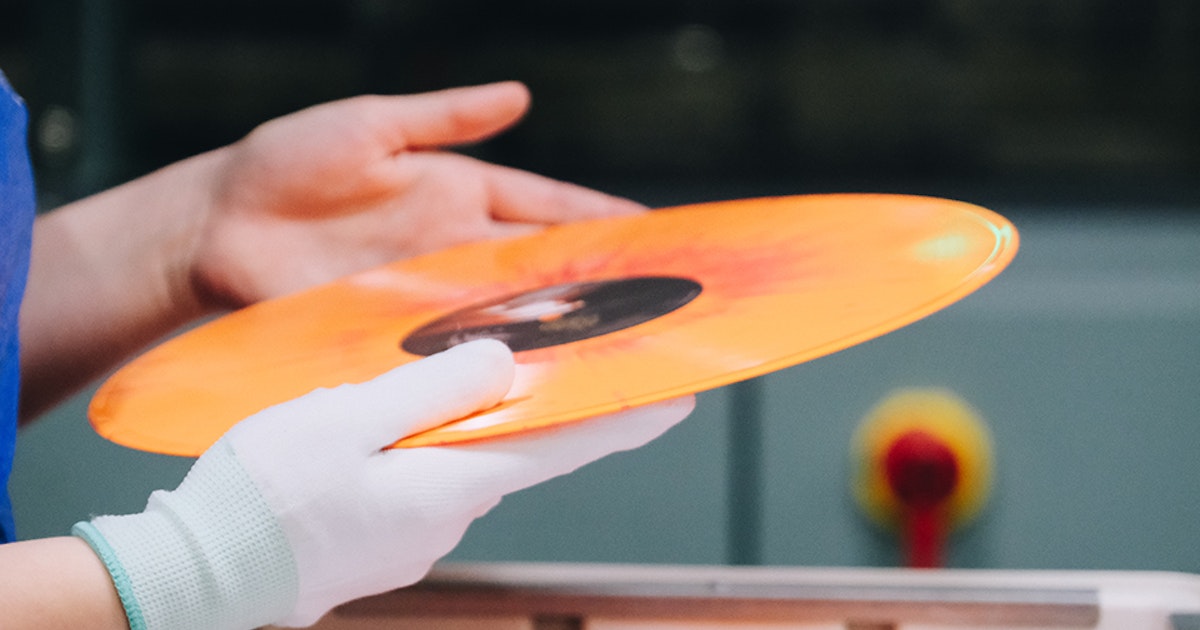News: Apollo Masters Factory Fire Situation
By Paul Miller

The entire team at Precision Record Pressing is saddened by the news of a catastrophic fire at the Apollo Masters manufacturing facility on Thursday February 6th.
We understand that a number of labels are concerned about this situation. We want to reassure our customers that these developments do not impact any area of our cutting or pressing operations. Our standard 8-week turnaround times and 100 unit minimum order quantity remain unaffected. For clients who usually supply high volumes of lacquers, we encourage you to discuss alternative options for cutting your records with your account manager.
Precision Record Pressing is a world leader in DMM (Direct Metal Mastering), an alternative form of cutting which doesn’t require lacquer discs. To learn more about DMM Mastering and how it could work for your project please read the information below:
There are two cutting processes an engineer can use depending on their equipment and set up: lacquer mastering or DMM (Direct Metal Mastering).
DMM was invented in 1982, as a means of cutting directly into a harder metal surface (copper) in order to alleviate several deficiencies in the lacquer cutting process:
- DMM allows a more efficient use of total surface area, resulting in higher ability to cut longer sides
- Only one electroplating step is required to safely produce stampers (lacquer requires 2-3 steps), reducing background noise accrued in multiple plating steps
- Elimination of “pre-echo” found in the soft groove walls of the lacquer disc, particularly apparent in passages with sharper transients
- Improved signal-to-noise ratio
- More accurate reproduction of high frequencies
Whereas we maintain both Lacquer and DMM processes, our preference is DMM due to its superior abilities to replicate your audio source from digital to analogue.